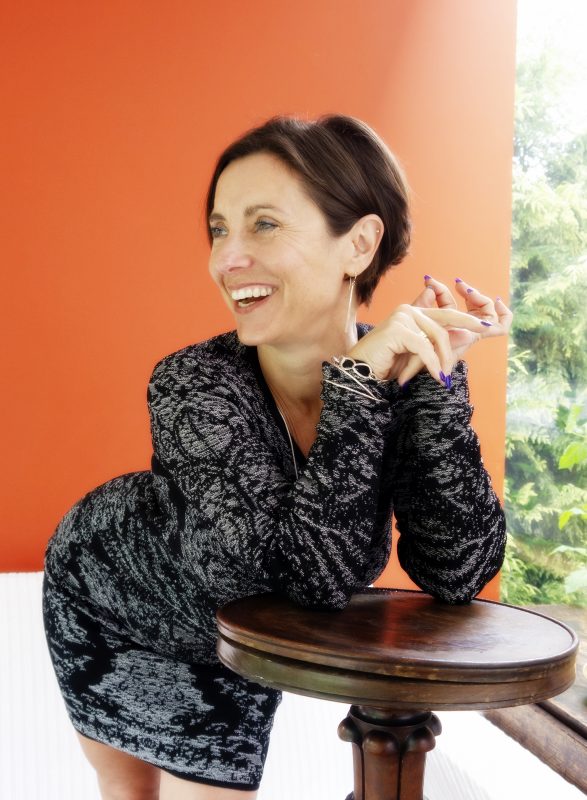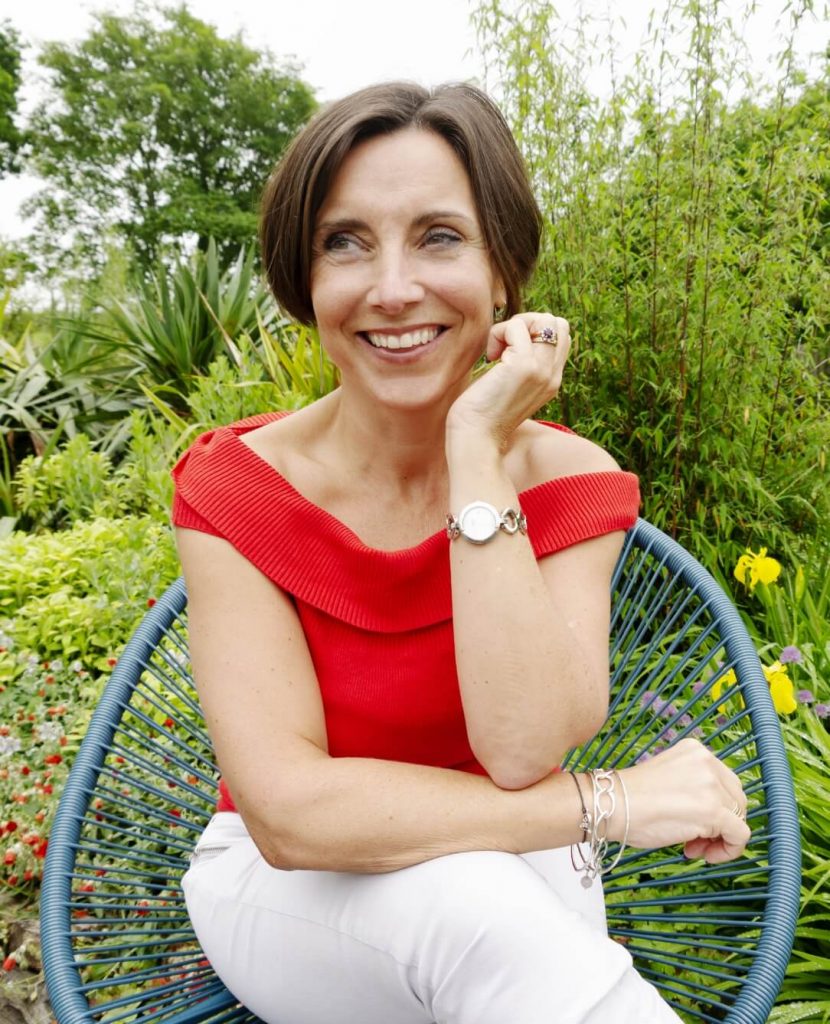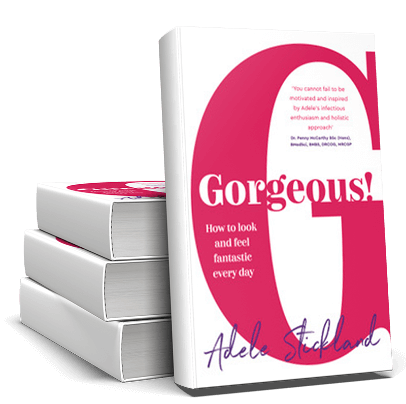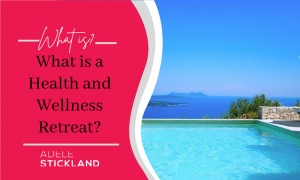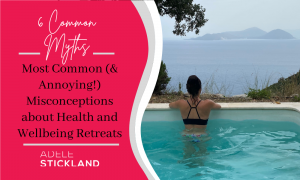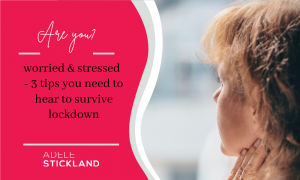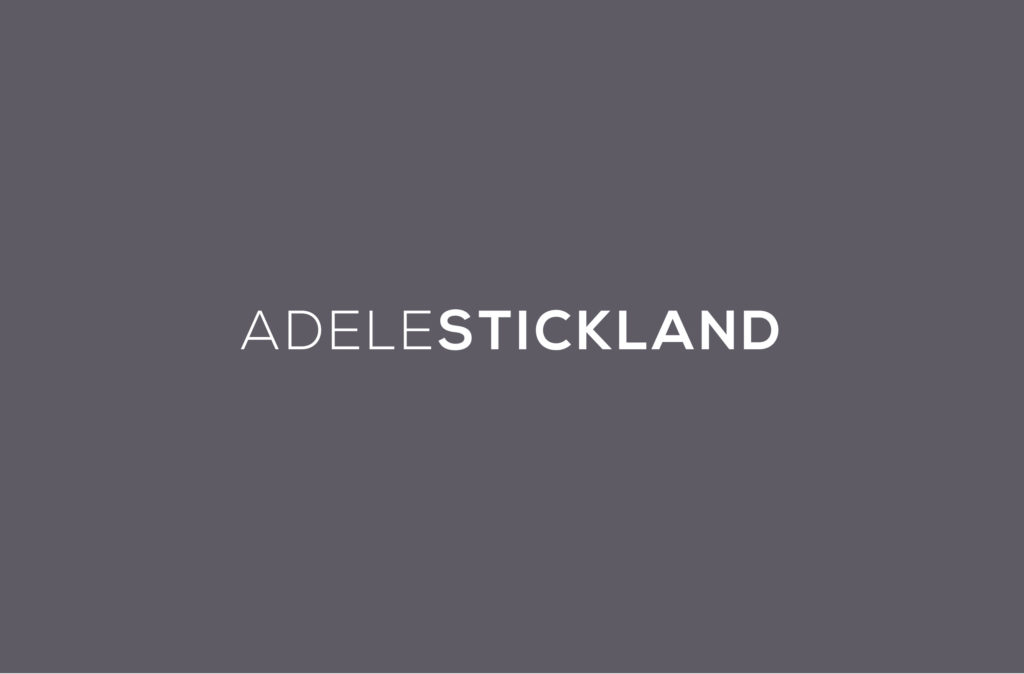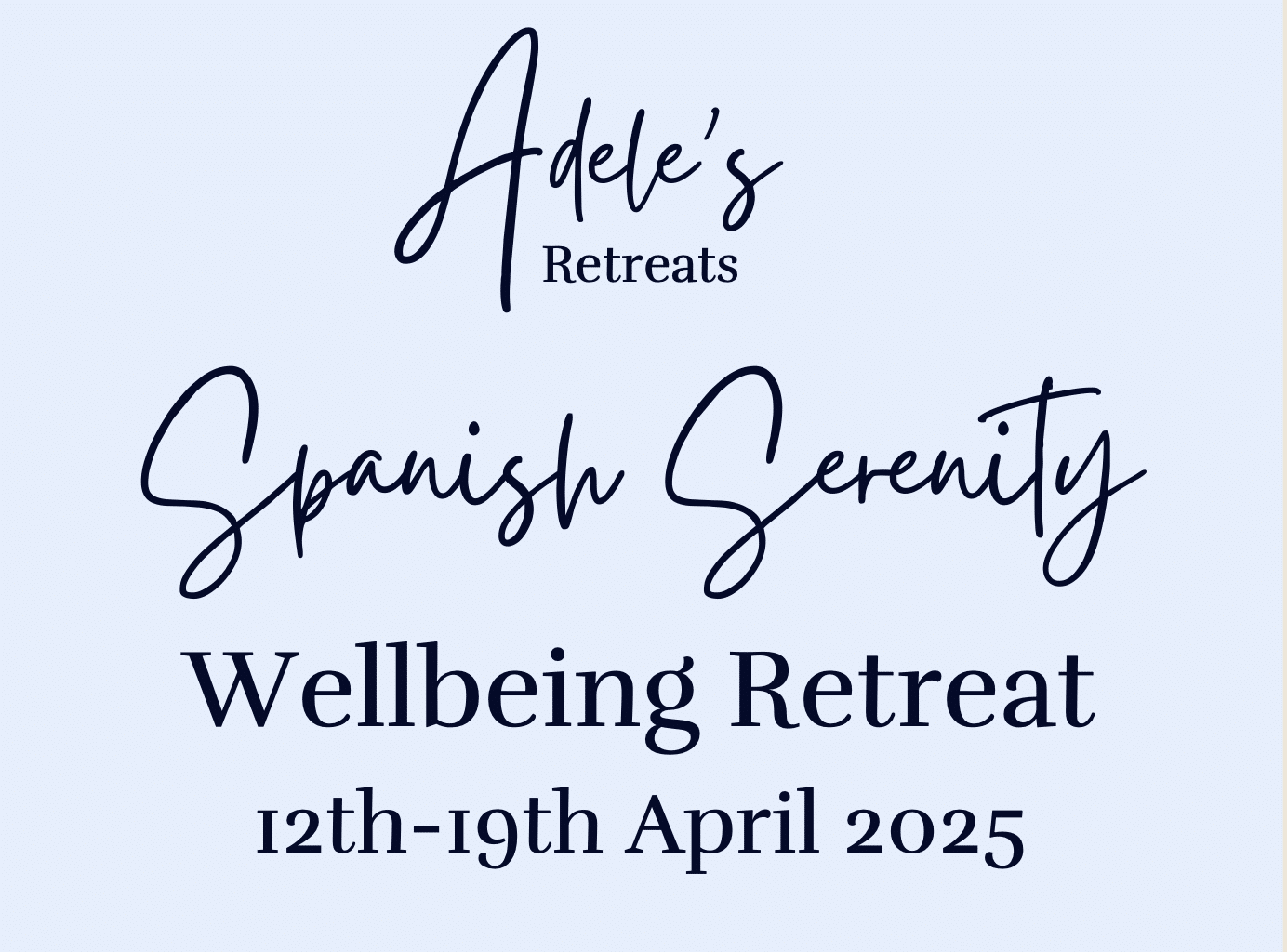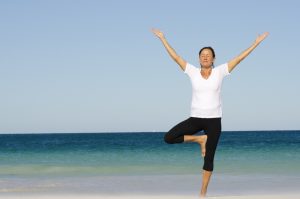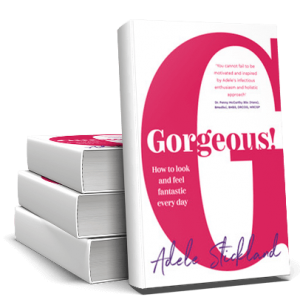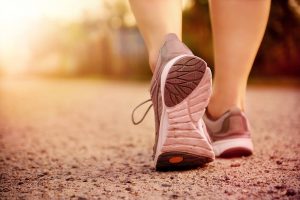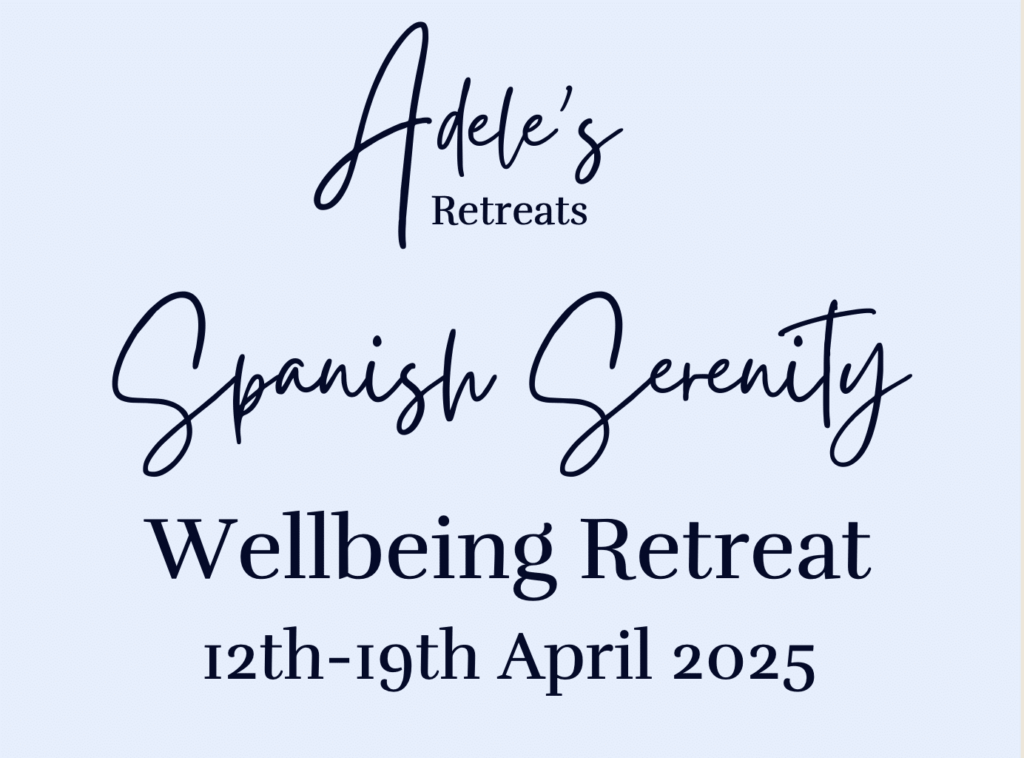Nutrition and the latest diet are a consistent and prominent topic within the media – social and otherwise. With headlines that scream ‘fats are bad’, ‘you’re eating too much protein’ and ‘coconut oil is poison’, it is no wonder that so many women struggle with knowing what they ‘should’ be eating or understand the effects of what they are currently eating. The article will guide you through macros and bust the common myths associated with them.
Nutrition has become sensationalised – tabloid headlines are our daily digestive intake. It is time for a commonsensical, down to earth and factual approach. With the misconceptions of the healthy heart diet and the population’s current high-carb predisposition, your diet is anything but balanced. Going back to basics and examining the ratio of your macronutrients – your carbs, proteins and fats – is your first step. Don’t worry about what milk to put in your tea – almond, cows or soya. That is introspective and too detailed. Instead, take the time to assess the bigger ‘macro’ picture of what you are eating every day.
The predominance of carbohydrates in the western diet has coincided with an explosion in ill health, of the type that leads to a slow and painful death.
“Almost nothing that we commonly believe today about fats generally and saturated fat, in particular, appears upon close examination to be accurate,” wrote Nina Teicholz in The Big Fat Surprise.
Nina spent 10 years investigating and systematically reviewing every piece of research, and I consider her to be meticulous and pragmatic. The Big Fat Surprise was the book of the year in 2014 for the Times, Wall Street Journal and the BBC Food Programme. It was described in the
British Medical Journal as “a remarkable job in analysing how weak science, strong personalities, vested interests and political expediency have initiated this series of experiments.”
What are macros?
Macros are your fats, proteins, and carbohydrates. Each type of food is broken down by your body in a unique way. Your body will favour carbohydrates, they are easy for the body to digest, they are taken up and turned into energy in a fast and simple manner. Fats are harder for the body to digest, they are metabolised differently and take a little longer which can have a very different effect on your body composition. These two pathways don’t work in unison, they work separately and compliment each other.
Carbohydrates come in two main forms – green and beige. Green carbs are all veg and fruit whilst beige carbs are pasta, rice, bread and otherwise known as starchy carbs. Your body will use the glucose (from carbs) before it even begins to use fat in your love handles as fuel. Vegetables contain carbs, fruit contains carbs and biscuits contain carbs, as do bread, oats, and bananas
If you are exercising daily for over 2 hours a day then you are probably consuming an appropriate amount of carbs. However let’s be honest if you are going to the gym 3 times a week, following the same or similar exercise routine each week and spending most of the day behind a desk then the chances are your carb intake is too high.
Comparing the macro recommendations of the most popular diets you can quickly see the staggering range of carb intake that is dieticians speculate.
- Low-fat diet: 60% carbs, 20% fats 20% protein
- Low-glycaemic-index diet: 40% carbs, 40% fats, 20% protein
- Low-carb diet: 10% carbs, 60% fats, 30% protein
The carb and fat ratios vary widely, however, the protein recommendations are generally in keeping.
Where do women start?
Your exercise level and your body type will determine how many carbs you can tolerate. If you are a tall, slim, athletic Swedish type who sea bathes daily and plays tennis every evening – then carry on your body can cope with the regular ‘carb’ fest that most adults are consuming on a daily basis. You are eating an appropriate amount of carbs for your ectomorph. If however, you are small, swarthy, a bit of belly and like sambuca every weekend whilst eating carbs for breakfast, noon and evening, then you are incrementally on a carb crash diet which will lead to exhaustion and future illness.
The way we all try to eliminate the belly is using a diet, which underestimates the long term affect your emotional self and physical self.
Most women diet. Whenever the pounds have piled on you can reset your body by basically starving for a few days, weeks or months. There are three problems with this the psychotic teenager which is the psychological effect of dieting comes out to play, the biological effect and hormone disruption which leads inevitability to reset failure. It doesn’t work forever, your body becomes less resistant and the inner teenager turns into the middle age, grumpy, stressed out ogre with low self-esteem.
The false belief that fats make you fat and that cholesterol causes heart attacks, which we have been living with for the last five decades, has become entrenched. For whatever reason, whether that is vested interest or ego or the inability to look at the bigger picture, dissident frustrated voices are being heard in both the US and UK. What began with science researchers and medical journalists has trickled into the arena of fitness and the ‘subversive’ world of alternative medicine, but hasn’t yet hit the mainstream.
Busting Macro myths
Low fat diets are based on carbs which are lower in calorie. The diet culture is based on the simple belief that 10g of carbs contains fewer calories than 10g of protein or 10g of fat. If you eat carbs you are consuming fewer calories. When your body is young and resilient it has an amazing ability to right itself using insulin. Normal cells are highly sensitive to insulin, which is one of your body’s inner guidance systems. Over a prolonged high carb diet where your body is constantly using carbs as a source of energy, insulin becomes exhausted. Your body is no longer insulin sensitive. Insulin is a storage hormone.
In addition, the diet hypothesis ignores your gorgeous body’s chemistry – carbs provide quick energy burst and you will become hungry again a few hours later. The hunger cycle.
Fats and proteins sustain your feeling of fullness and allow you to use ‘fatty’ deposits in your body to sustain your energy levels for longer.
An alternative to counting calories is examining your macronutrients. If you are analytical, you can use ratios on your smartphone with apps such as My Fitness Pal.
Count ‘nutrients’, not calories
Counting nutrients are where I spend my time. How many mung beans can I eat in a day?
Eat more fat to burn more fat
Simply put, your body can’t burn fat if glucose is circulating in your body. Breast milk is 54% saturated fat. Coconut oil is saturated fat. Avocado is monounsaturated fat. Dietary fats do indeed have more calories and your smartphone diet app is going to go off the scale when it reads ‘duck’ on your macronutrient balance, which is why you are asked to eat lean meat, such as chicken. Apps and dietary guidelines are following the redundant theory that a healthy heart is derived from whole grains. You need dietary fat to assist the function of your heart, head and every cell in your body.
Improve your relationship with your body
Gorgeous! is the perfect read for anyone looking to revolutionise not only their relationship with food and movement but also their relationship with themselves.
“With Adele’s reassurance and expert guidance, any woman will feel inspired and empowered to begin their journey to prioritising themselves and their health – every body is perfect and every body is gorgeous!” Sandra Business Owner and Gorgeous Girl x

Get Gorgeous is a journey together – yours and mine.
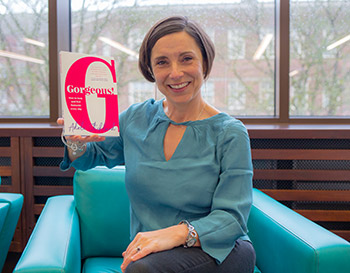
PS. Don’t forget the gorgeous book – your insight into great health and vitality Gorgeous! how to look and feel fantastic every day. Click here to find out about your Gorgeous book
Find out what other gorgeous girls have to say…
I found it fascinating. I don’t know if it’s our time in our lives, or if the way we think is different, but everything you wrote about is exactly where my head is, and how you presented the material, is just how I would explain things myself, so it all made perfect sense.
Obviously, your goal is to assist women to unlock a truer vision of themselves, and to understand the pitfalls we create for ourselves by hanging onto misconceptions in our inner dialogues. Weight is not the issue it’s our mindset and preconceived notions that have been honed and fostered, knowingly and subconsciously, throughout our lives.
I say to people, friends, all the time: do you hear what you are saying? The negative dialogue is what is crushing you…until you change the dialogue and the perception of yourself…nothing will change for you…
Also taking control of your environment, just because, ‘things have always been this way’…doesn’t mean they have to stay that way. Small steps, one step at time, can make all the difference…and putting oneself FIRST, is paramount for any positive change, and success to occur. As women we have allowed society to take our power away, and feel that we are not worthy, or ‘enough’ unless we are all things, all the time, to everyone in our lives…well I’m sorry…but we, women, have made every person on this planet…so I think we are more than worthy, and enough…but I digress lolI really liked how you presented the parts about social history, and how circumstances, over the last hundred years have shaped longstanding mindsets that affect the way we approach food…we must learn from the past, and start on a new path.
I could go on and on…I thought your examples/stories were relevant, humorous, and insightful.
I feel that what sets your book apart from other self-help books, is your willingness to share your personal history, and dialogue…you didn’t come to this fully formed, you took the journey as well, and I believe that openness has been a large part of what has created your success over the years, and with continue to…empathy is very powerful.
I will read your book again, and I feel that everyone I know should read it as well. I don’t know that I have given you exactly what you need, but I know you have given me something very special.
You’re amazing Adele. Thank you for being who you are.
Katie Burrows www.get-gorgeous.com/book Get Gorgeous Book 19th November 2018



